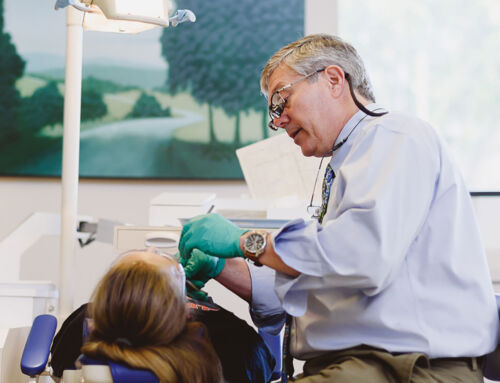Underbite, a dental condition that can affect both the functionality of your bite and the aesthetics of your smile, is characterized by the lower teeth extending out beyond the upper front teeth. This condition is not just about appearance; it can lead to a host of oral health issues. At Ahava Orthodontics in Fort Worth, we specialize in diagnosing and treating underbites, ensuring our patients achieve optimal oral health and confidence in their smiles.
What Is an Underbite?
An underbite, also known as a prognathism, occurs when the lower jaw (mandible) protrudes forward, causing the lower front teeth to sit in front of the upper front teeth. This condition varies in severity, from mild cases where the misalignment is barely noticeable to more severe cases that significantly affect jaw function and facial structure.
Symptoms of an Underbite
The symptoms of an underbite extend beyond aesthetic concerns and can significantly impact oral health and function. Common symptoms include:
- Difficulty biting and chewing, which can lead to nutritional issues.
- Speech difficulties, including clarity and articulation challenges.
- Increased wear and tear on the teeth, particularly the front teeth, leading to potential damage and decay.
- Jaw pain and discomfort due to misalignment, potentially leading to TMJ (temporomandibular joint) disorders.
- Self-esteem and confidence issues related to the appearance of the bite and smile.

Diagnosis of an Underbite
Diagnosis of an underbite typically involves a comprehensive examination by an orthodontist. This examination may include visual assessment, dental X-rays, and digital imaging to analyze the jaw alignment and teeth positioning. An orthodontist will also review the patient’s dental and medical history as part of the diagnostic process.
Treatment for an Underbite
Treatment options for an underbite vary based on the severity of the condition and the patient’s age. Common treatments include:
- Orthodontic Braces: Both traditional metal braces and clear aligners can be used to move the teeth into a more correct position.
- Growth Modification Devices: In younger patients, devices such as expanders may be used to guide the growth of the jaw and improve jaw alignment.
- Tooth Extraction: In some cases, removing one or more teeth can provide the necessary space to realign the remaining teeth properly.
- Surgery: For severe underbites, particularly in adults, orthognathic surgery may be necessary to correct the jaw’s position.
Best Age to See an Orthodontist for an Underbite
The best age to begin treatment for an underbite is typically during childhood or early adolescence. This is because the bones are still growing, allowing for more effective orthodontic interventions that can guide jaw growth and tooth position. However, adults with underbites can still receive treatment, although options like surgery may be more likely.
How Ahava Orthodontics Can Help
At Ahava Orthodontics in Fort Worth, we’re equipped with the expertise and technology to diagnose and treat underbites in patients of all ages. Our team, led by experienced orthodontists, is committed to providing personalized care tailored to each patient’s unique needs. We offer a range of treatment options, from braces to surgical referrals, and our state-of-the-art facility ensures that patients receive the highest quality care.
Starting treatment at the appropriate age is crucial for the best outcomes, and we’re here to guide families in Fort Worth through every step of the process. At Ahava Orthodontics, we believe everyone deserves a healthy, confident smile, and we’re dedicated to making that a reality for our patients with underbites.
If you or your child are experiencing symptoms of an underbite, we invite you to contact Ahava Orthodontics for a consultation. Let us help you achieve the smile you’ve always wanted.




